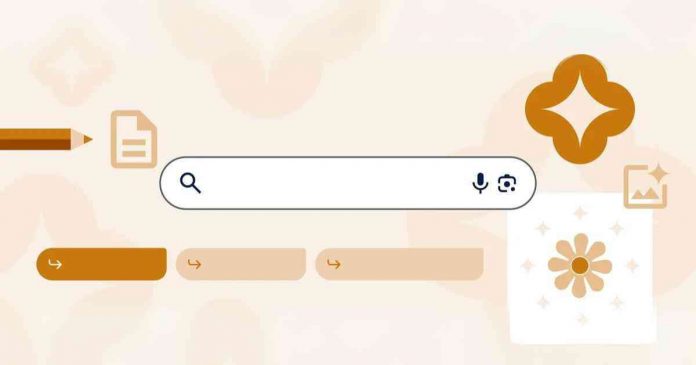The ongoing U.S. antitrust trial against Google has revealed that the tech giant’s most valuable asset is not an Android device but Apple’s iPhone. Google, which has its own range of products including Android and Pixel phones, pays a staggering amount to Apple to remain the default search engine on Safari, Apple’s web browser.
The U.S. Department of Justice has been scrutinizing Google’s relationship with Apple, aiming to understand the significance of their alliance. The antitrust trial has become a focal point in recent weeks, revealing the extent to which Google is willing to invest in maintaining its default status on Apple devices.
Since Safari’s launch in 2003 as an alternative to Internet Explorer for Mac, Google has been its default search engine. This partnership has extended to mobile platforms, beginning with the iPhone and later including the iPad. Financial analysts have disclosed that Google may be paying between $18 billion and $20 billion annually for this default status, contradicting earlier estimates of $12 billion. This deal is estimated to contribute between 14% and 16% to Apple’s annual operating profits.
Microsoft CEO Satya Nadella testified in the antitrust trial, revealing that Microsoft had attempted to replace Google as Apple’s default search engine. The company was willing to incur losses of up to $15 billion per year and even considered hiding the Bing logo from search results on Apple devices. Nadella emphasized that becoming the default search engine is crucial as it is “the only thing that matters in terms of changing user behavior.”
Apple, the world’s most valuable company with a valuation exceeding $2.8 trillion, has the resources to develop its own search engine. It has already integrated search functionalities into Siri and Spotlight. However, Apple is not yet prepared to compete directly with Google, possibly learning from past experiences like the 2012 Apple Maps debacle.
Apple’s decision to keep Google as the default search engine serves multiple purposes. It not only generates significant revenue but also strategically contains Google. If Apple were to switch to another search engine like Bing or DuckDuckGo, Google could potentially retaliate by pushing Chrome more aggressively on iOS, a scenario Apple would prefer to avoid.
As the U.S. antitrust trial unfolds, it becomes increasingly clear that the iPhone is the most important device for Google, and Google can’t afford to lose it.





![microsoft loves linux [TechLog360.com] microsoft loves linux](https://tl360.b-cdn.net/wp-content/uploads/2015/09/microsoft-loves-linux-TechLog360.com_-696x492.jpg)




